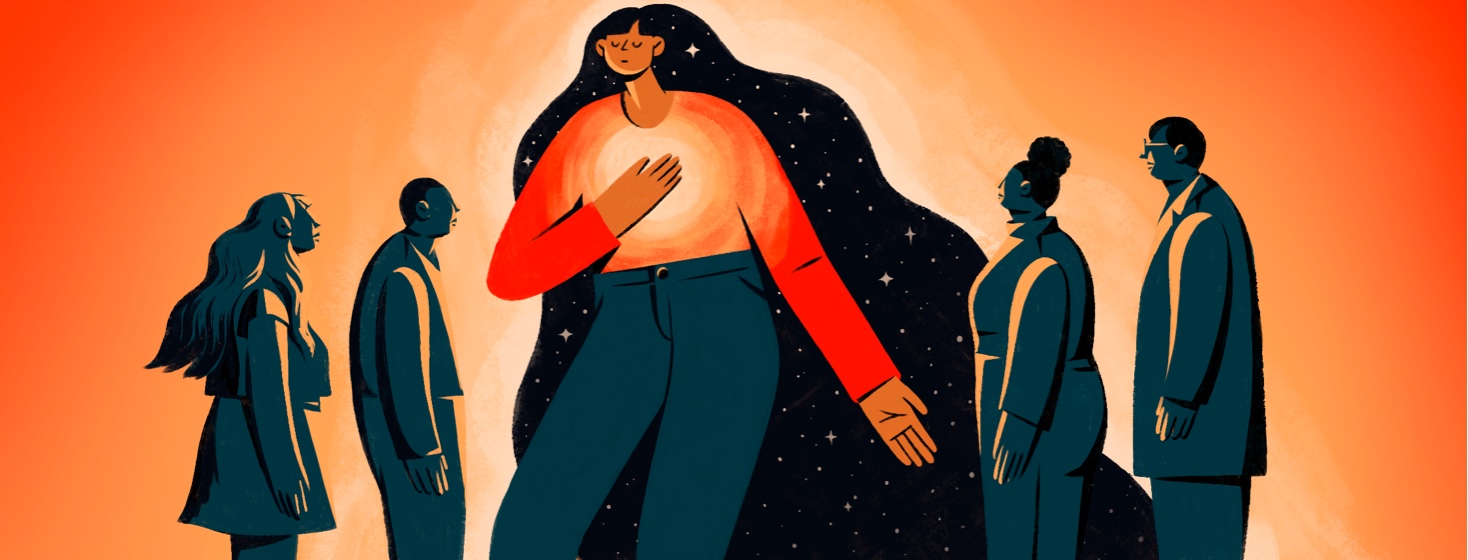The Power of Influence: Why I Do What I Do
In the era of digital media, there is one word that is extremely repetitive and banal: influencer. Influencers are the new normal and the role has quickly become the 'it' job for Gen Z and Millennials.
The power of social media
Everyone with a social media account follows at least 2 influencers and these tastemakers use their reputation and expertise to influence the buying decisions of their loyal following.
For well over a decade, we have seen social media grow in importance and value; with 45% of the world's total population active on social platforms like WhatsApp, TikTok, Instagram, and Facebook. At the start of my PR career, I worked for a popular consumer brand and quickly took notice of how influential mommy bloggers had become. At the time, bloggers were seen as the most influential communicators on the internet, and very soon, brands started to pay for their influence.
Healthcare influencer
The Merriam-Webster dictionary defines the word influencer as a person who inspires or guides the actions of others but let's keep it real, today, influencers are people with power who can sway the purchasing decisions of active audiences because of their reputation, knowledge, position, and expertise.
When you hear the phrase influencer marketing, you think of beauty brands relying on social media influencers to promote their products online but this marketing strategy can be applied to niche areas like healthcare. Discussions on healthcare have become popular on platforms like Instagram and TikTok where people share their health challenges and offer resources to caregivers.
The power of influence
When I started sharing my sickle cell journey on digital platforms, it created an emotional connection between me and my readers/followers. Caregivers would reach out to me in search of support and health resources and I was there to guide them. In a sea of pre-staged content, I chose to adopt honesty and transparency; quickly becoming a credible and trusted source in the global sickle cell community, which I valued more than anything.
More recently, the healthcare industry started to take note of patient advocates and thought-leaders who were respected voices in patient communities because of the value they bring to healthcare conversations. These influencers have 2 primary goals: provide educational information and offer emotional support to those affected by the condition. As super users of the healthcare system, patient influencers can propose healthcare improvements that support better patient outcomes.
5 Powerful reasons I advocate for sickle cell
- Each one, teach one
- Creating impact
- Representation matters
- Coping mechanism
- Leaving a legacy
A recent study found that patients turn to social media for emotional support, to find patient resources, to learn about new treatments, or to research a rare condition/illness that affects a loved one. As a clinical trial participant, I have benefitted from curative therapies and although I know transplantation is not a universal cure, it's important to share my experience so prospective patients and families have more insight into the process.
Patient advocates have existed for decades and have been willing to work with the healthcare/biopharmaceutical industry but went unnoticed for far too long. However, the covid-19 pandemic highlighted the power of patient influence when influencers used their platforms to rally online support for the vaccine. As a stakeholder in the sickle cell ecosystem, I want better outcomes for people living with the disease so having a seat at the table puts me in a position to make an impact.
As a Nigerian-born advocate living in the US, I've had the privilege of receiving medical care in 2 different countries. My lived experience sheds light on healthcare disparities and technological advancements, so marrying both areas informs my content and sets me apart from other advocates. For foreigners who'd like to emigrate to North America, sharing my healthcare experience can make the transition a little easier.
Sickle cell does not play fair! It has taken away loved ones so it's important that I continue the work of patient advocates who came before me. Advocacy is also my way of coping with survivor's guilt. No matter how emotionally draining advocacy gets, I remind myself of how lucky I am to live long enough to fight for those in the community who don't feel like they have a voice.
In the song "I was here" by Beyonce she says "I want to leave my footprints on the sands of time...when I leave this world, I'll leave no regrets. I'll leave something to remember, so they won't forget." At the heart of everything I do is the word legacy. Life is not promised but when you're born with a debilitating disease like sickle cell, you value time and actively try to stay present. With the work I've done in the advocacy space, I know in my heart that I've left a mark on the world.

Join the conversation